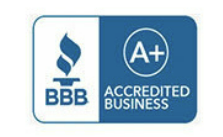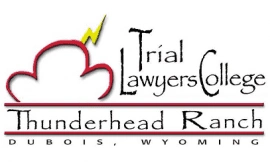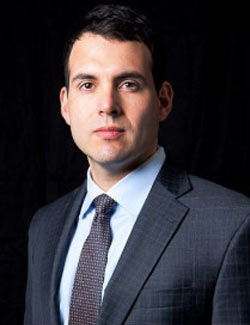Federal Criminal Defense Attorney
Federal crimes cross all economic, education, and social barriers. As the internet expands business opportunities, it also expands opportunities for authorities to decide what constitutes a crime, often with no legal precedent. Many people who are charged with federal crimes aren’t even aware that they’ve broken the law. In addition, many people who are under investigation by the federal government don’t understand the seriousness of potential federal charges. It can be a serious mistake to even speak with a federal agent about a criminal matter without an experienced federal criminal lawyer by your side.
Scheiner DWI & Criminal Defense Lawyers, is a federal criminal defense firm that has effectively represented many people in federal criminal cases throughout the state of Texas. Not all Lawyers have experience in federal court. Our team has the experience you need to protect your rights in federal court. It’s your future. Trust it to the federal criminal defense team with a reputation for integrity, grit, and determination throughout the federal criminal justice system.
If you have been charged with a federal criminal offense, contact us today. We will put our passion for providing the best legal defense to work for you or your loved one. It is important to protect your legal rights and to have someone on your side that will orchestrate the best legal defense possible to ensure the best possible outcome no matter how serious the charges may be. Call and talk to one of our lawyers today.
Federal Crimes We Defend
- Aircraft Hijacking
- Illegal Reentry
- Bank Robbery
- Insurance Fraud
- Computer Crimes
- Internet Child Pornography
- Conspiracy Charges
- Kidnapping
- Counterfeiting
- Mail Fraud
- Credit Card Fraud
- Medicare Fraud
- Drug Possession & Distribution
- Money Laundering
- Embezzlement
- Obscenity
- False Statements
- Pharmaceutical Crimes
- Racketeering & Corrupt Organizations
- Tax Fraud
- Federal Possession of a Firearm
- Terrorism
- Felony Possession of A Fireman
- Trafficking & Smuggling
- Harboring Illegal Aliens
- Visa Fraud
- Health Care Fraud
- Wire Fraud
- Identity Theft
What Our Clients Have to Say:
Scheiner DWI & Criminal Defense Lawyers
2211 Norfolk St #735, Houston, TX

4.8★★★★★62 reviews
★★★★★I can’t say enough good things about this firm, we had no idea what to do or how to proceed, the firm stepped in and lead us through a very difficult time, explaining the legal process and always being responsive to all our needs and questions, and ultimately was able to get the charges dismissed.
★★★★★Very professional, intelligent, and knowledgeable people. Very pleased with the case outcome. I highly recommend. Grant and Macie were awesome!
★★★★★The work that Grant and Macie put into helping their clients cannot be overstated. Believe the reviews here that say just how dedicated and awesome the team is!
Our Case Results
| Case | Facts | Results |
|---|---|---|
| Aggravated Assault | Client accused of shooting several people in a “road rage” incident on a Houston freeway. | Not guilty |
| Aggravated Assault | Client accused of assisting in gang beating and shooting death of a teenager in north Houston. | Dismissed |
| Aggravated Assault | Client accused of threatening his wife with a knife. | Dismissed |
| Aggravated Assault | Client accused of stabbing his common law wife with a pair of scissors. | Dismissed |
| Aggravated Assault | Juvenile client accused of attacking a middles school classmate with a pair of scissors and cutting the classmate’s hair. | Dismissed |








